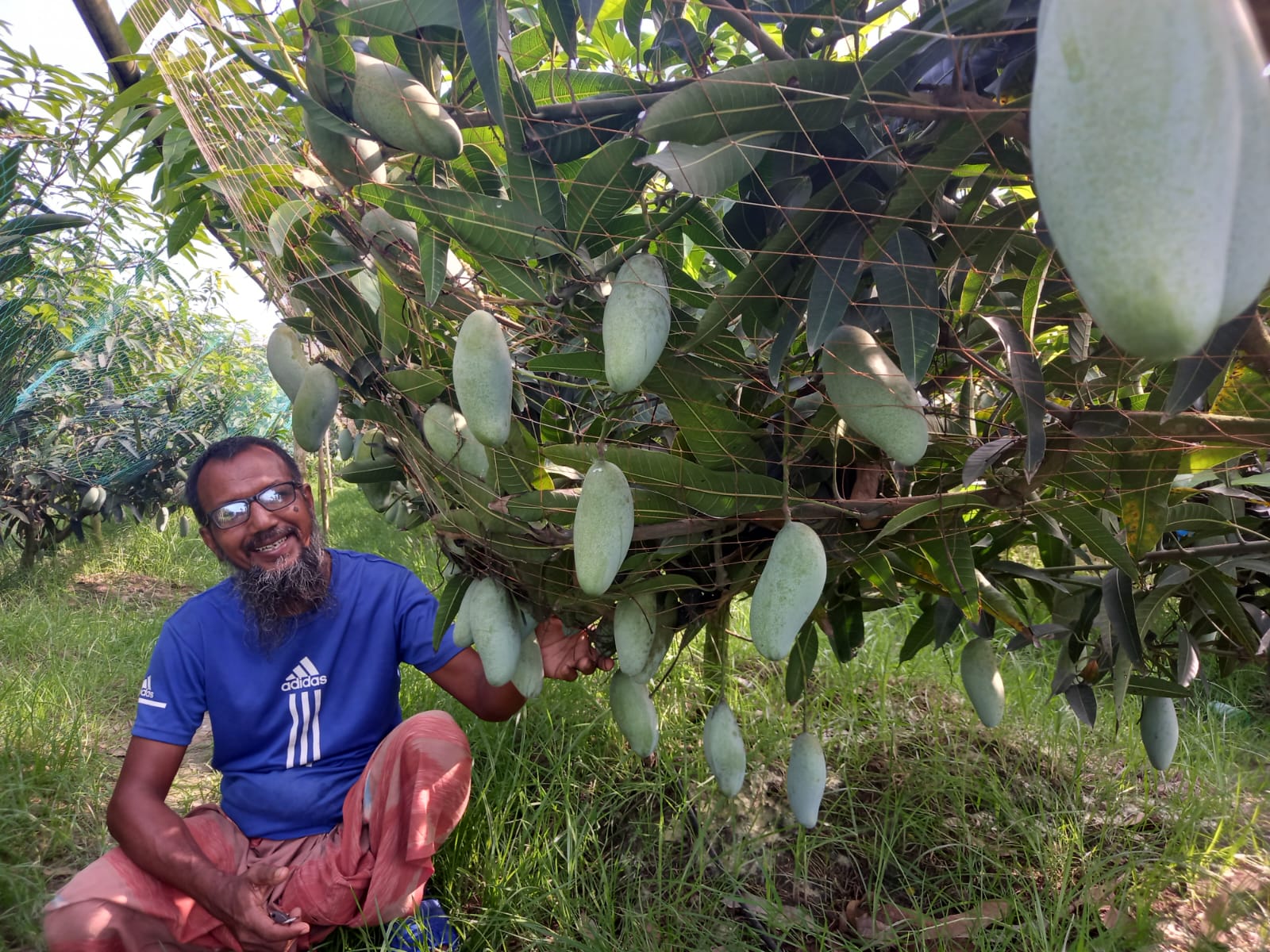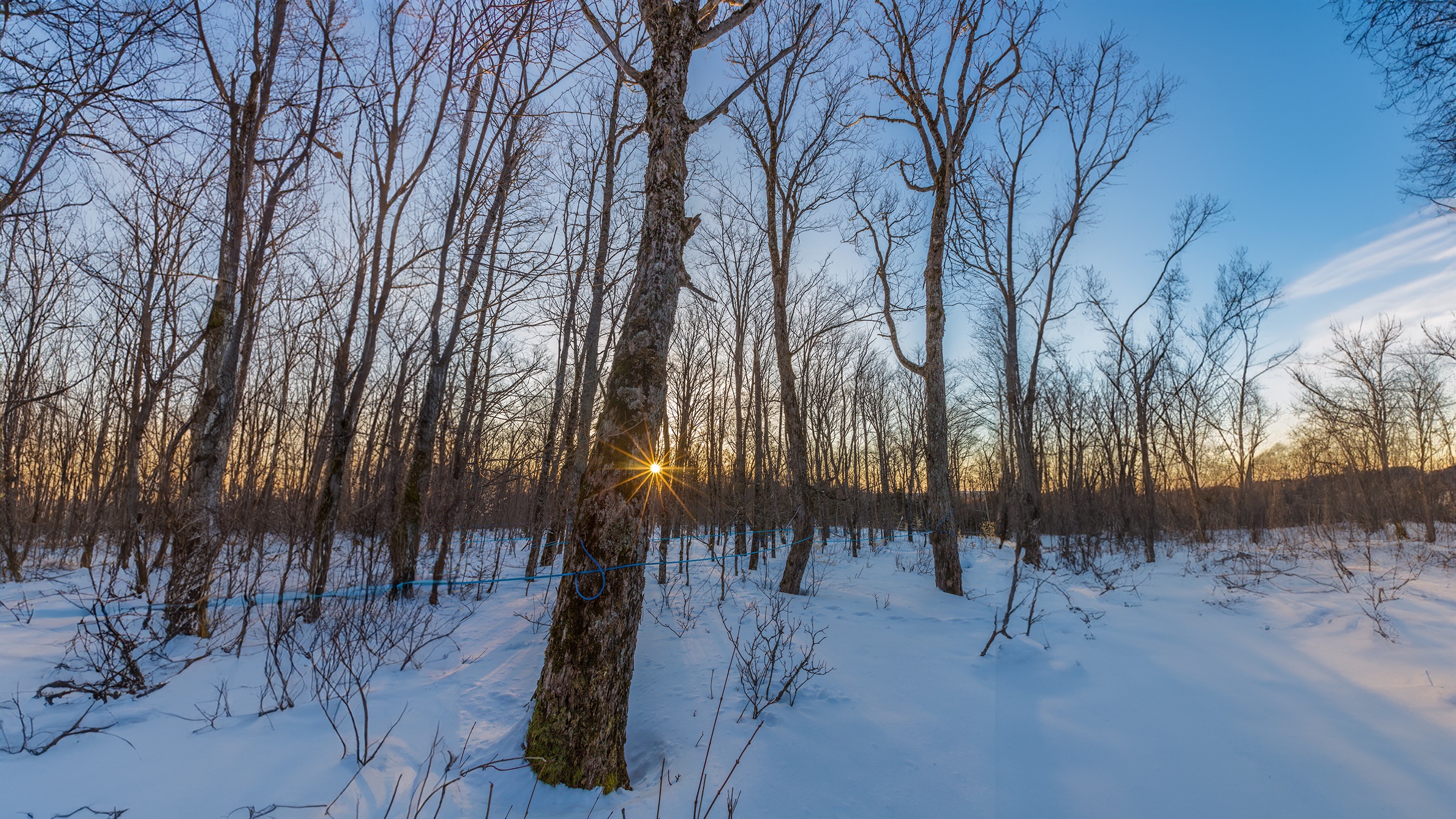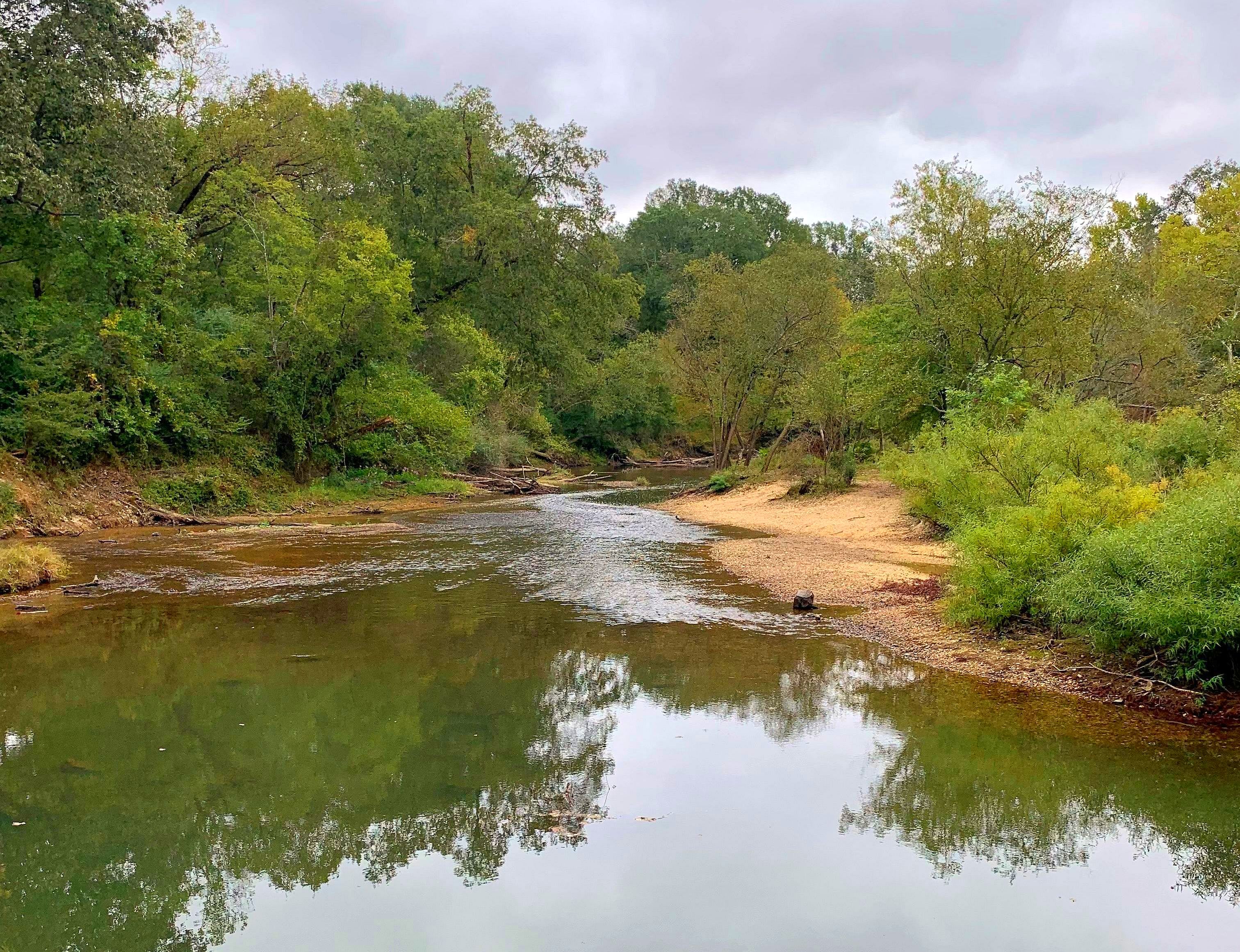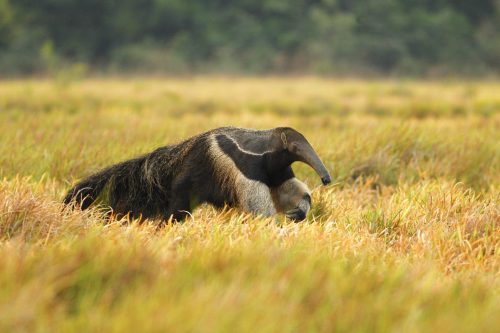プロジェクト概要
The project developer, Varaha, is an end-to-end project developer that specializes in nature-based solutions, including regenerative agriculture, ARR (afforestation, reforestation, and revegetation), and biochar projects that promote climate adaptation, biodiversity, water conservation, and increased income for smallholder land stewards. In their second year of operation, Varaha's first five projects are removing and avoiding over 1 million tons of CO₂ emissions while distributing the majority of revenues to more than 100,000 smallholder land stewards across Southeast Asia and Sub-Saharan Africa.
Their cutting-edge MRV technology, which includes a bio-geo-chemical model for soil carbon, remote sensing, and machine learning, ensures high quality and verifiable project success. Varaha's team has a proven track record of scaling projects and products to millions of smallholder land stewards and is backed by leading global investors who share their vision for sustainable, nature-based solutions.
At the heart of Varaha's operations is their climate tech platform, which offers a range of features. Equipped with remote sensing, carbon modelling, and a proprietary Carbon Quantification Tool (CQT), the platform enables cost-effective and precise enrollment of partners, quantification of greenhouse gas emissions, measurement, reporting, and verification of projects and carbon credits at scale. They prioritize efficiency and transparency throughout the carbon credit creation process, ensuring accurate and reliable results.
In addition, Varaha empowers organizations to achieve their net-zero goals by granting them access to high-quality carbon credits. They curate a selection of rigorously vetted nature-based projects, allowing clients to choose credits that align with their sustainability objectives. By adopting cutting-edge technology and maintaining rigorous standards, Varaha ensures the longevity and reliability of investments in carbon credits.
The project is a large-scale grouped project activity that promotes the planting of fruit-bearing trees on marginal lands owned and managed by smallholder farmers. The project is located in Bangladesh, with its first instance in the districts of Chapainawabganj, Nogaon, and Rajshahi. The main aim of the project is to remove atmospheric carbon through the development of horticultural agroforestry systems on marginal lands, with the additional benefits of delivering agricultural products and ecosystem services to the local community in order to enhance their social well-being. Prior to the implementation of the project, the farmlands were either barren or left unmanaged by the farmers due to degradation and other factors.
The project activities include distribution of saplings and providing technical support during plantation activities, plantation management, livelihood generation, and post-plantation guidance. The project proponent is working with the local implementation partners to implement and monitor the project activities on ground. The project will deliver carbon removal through the growth of newly planted trees on this land, where both above- and below-ground biomass carbon pools are quantified. Soil organic carbon is also modeled since the agroforestry plots substantially benefit soil fertility and nutrient holding capacity.
The current project not only focuses on generating additional income through carbon credits, but also brings several co-benefits that contribute to sustainability. These co-benefits include:
Water stewardship: Planting native trees on degraded lands aids water stewardship by helping to regulate water cycles. Trees help to maintain groundwater levels, reduce surface runoff, and enhance water filtration. This helps reduce water waste and optimize water usage in the project land area.
Ecosystem protection: The project promotes the planting of native fruit-bearing trees that provide additional ecosystem services such as preventing soil erosion and degradation, regulating water cycles (e.g., reducing surface runoff and enhancing water infiltration), and creating new habitats for various plant and animal species, helping to increase biodiversity.
Social equity and justice: The project works exclusively with smallholder farmers in rural communities in Bangladesh. By providing these farmers with education and training, carbon payments, and tree saplings, the project promotes productive use of marginal lands and improved livelihoods for vulnerable farmers, including women and other marginalized groups. This, in turn, helps to create a more inclusive and sustainable farming system that benefits smallholder farmers and fosters community resilience, economic stability, and well-being.
Biodiversity Conservation: By adopting agroforestry practices and restoring ecosystems, the project contributes to the conservation of biodiversity. Planting trees and restoring natural habitats provide a conducive environment for diverse flora and fauna, helping to protect and enhance biodiversity in the project area.
These co-benefits highlight the holistic approach of the project, which goes beyond carbon sequestration and actively promotes sustainability, community development, and environmental protection. By addressing multiple aspects of sustainability, the project aims to create long-term positive impacts on both the local communities and the natural environment.
Overall, Varaha ClimateAg is committed to driving positive change by promoting sustainable practices, supporting smallholder communities, and helping organizations achieve their carbon reduction goals. Through their comprehensive suite of offerings, they aim to create a more sustainable and carbon-neutral future for all.




